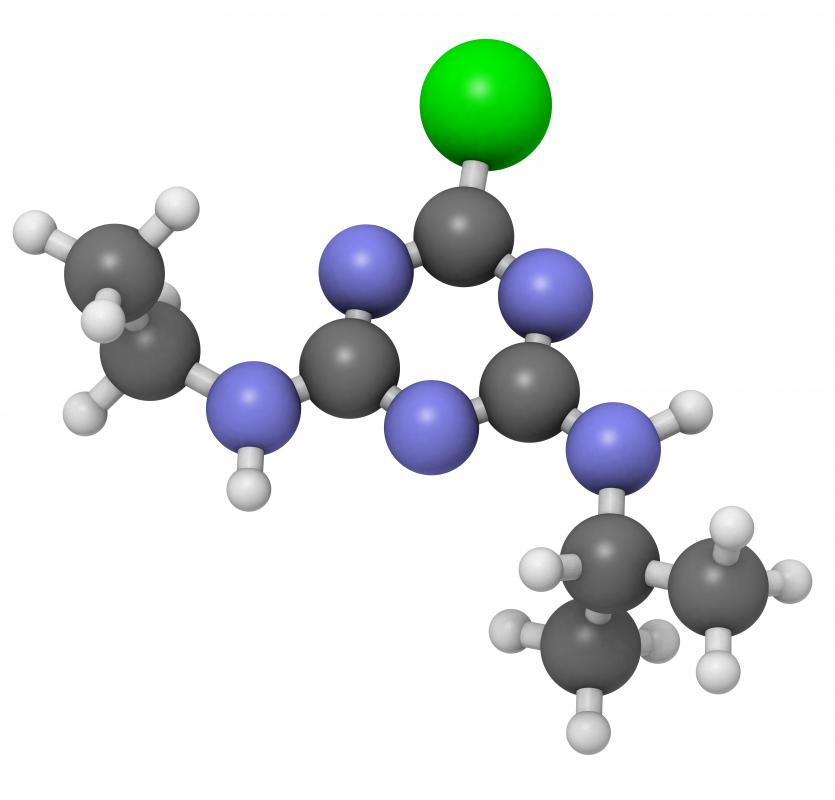At WiseGEEK, we're committed to delivering accurate, trustworthy information. Our expert-authored content is rigorously fact-checked and sourced from credible authorities. Discover how we uphold the highest standards in providing you with reliable knowledge.
What is Molecular Pathology?
Molecular pathology is a branch of the biomedical sciences which focuses on the progress, development, and evolution of diseases on the molecular level. It can be applied practically to patients in addition to being utilized in biomedical research to learn more about specific diseases, ranging from cancer to genetic conditions. Usually, molecular pathology is treated as a subset of the field of pathology, but it also involves genetics, immunology, and many other aspects of the medical field, and people can approach it from a number of perspectives.
A molecular pathologist can conduct a variety of tests to learn about the fundamental components of a cell, including the array of amino acids which makes up cellular DNA. In addition to performing amino acid sequencing, people in this field also look at samples of cellular tissue, and they perform a variety of tests to learn more about the progress of disease in specific patients and in general.

One common use for a molecular pathologist is in the study of specimens taken from cancer patients. The pathologist can test the specimen to determine where the cancer originated, and to look for biomarkers which could indicate susceptibility to specific cancer treatments. For example, a breast cancer which is estrogen sensitive will be treated differently than a breast cancer which is not. Using molecular pathology, an oncologist can develop a treatment approach which is tailored to the patient.

This discipline can also be used to study and test for genetic diseases, and to look at the results of contamination and other environmental influences on human health. Molecular pathologists study things like carcinogens to learn how they act on the body on a molecular level, determining which chemicals in a carcinogen are responsible for the development of disease. They also study the differentiation and growth of cells, both normal and abnormal, integrating a great deal of cell biology into their work.

People in this field may receive training as medical doctors, starting out in a pathology residency and eventually working their way into molecular pathology. They can also train by studying for a PhD so that they can work in research and the laboratory sciences. In both cases, because this field is growing, evolving, and changing so rapidly, it is vitally necessary to attend conferences and other continuing education opportunities to keep up with changes in the field. A specialist in molecular pathology can work in settings such as medical labs, pharmaceutical companies, hospitals, and research facilities.
AS FEATURED ON:
AS FEATURED ON:
















Discussion Comments
Molecular Pathology is a key part of companion diagnostics, which uses digital pathology to better measure tissue biomarkers.
Post your comments